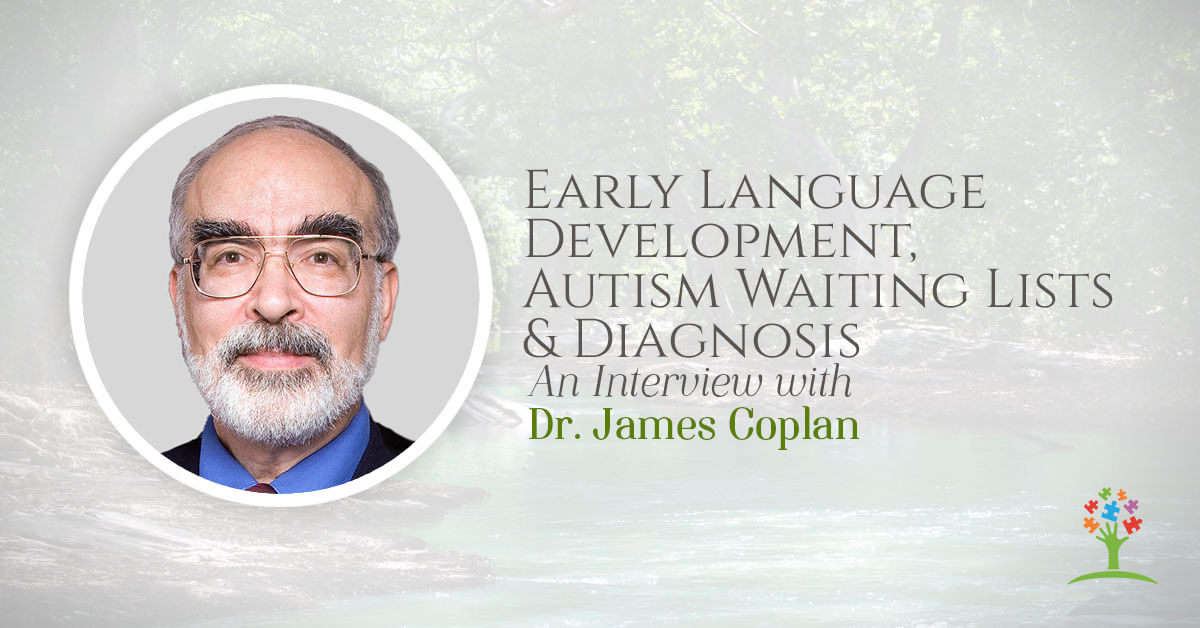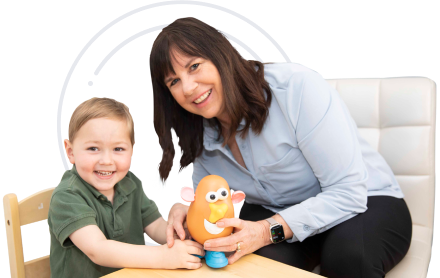Autism Diagnosis, Waiting Lists & Early Language Development with Dr. James Coplan

Want to Learn how to Increase Talking & Decrease Tantrums in Children with Autism or Toddlers Showing Signs?
Want to start making a difference for your child or clients?

I’ve told the story of Lucas’ autism diagnosis several times throughout this podcast, and I’ve always mentioned the pediatrician that handed my husband and I the autism diagnosis back in 1999. Now, I’m interviewing that same developmental pediatrician; I’m so pleased to introduce to you, Dr. James Coplan. In this week’s episode, we’ll be talking about the autism diagnosis, autism waiting lists, and early language development.
Dr. Coplan is retired now, but he worked as a developmental pediatrician for decades. He’s got a lot of experience and a lot of wisdom to share with you. Not only was he a developmental pediatrician, but he is the author of a book called Making Sense of Autistic Spectrum Disorders: Create the Brightest Future for Your Child with the Best Treatment Options.
I asked Dr. Coplan some hard questions, and he always had an answer for me. He told about the sister that prompted him to take interest in autism and developmental issues; he explained his Early Language Milestone Scale; and when I asked him every anxious parent’s question, why are the waitlists to be diagnosed so long, he explained in a way that made perfect sense.
Dr. Coplan is somebody who understands compassionate care, and understands that not every child gets their perfect diagnosis after just one visit. He also understands the importance of family; when he was still a practicing pediatrician, he had a steadfast rule that both parents had to be present for clinic visits.
On that note, Dr. Coplan also addressed the topic of denial. Unlike some professionals who believe that denial is a negative trait, Dr. Coplan broke down why some people are so deep in denial, and why it isn’t something that needs to be beat out of them. If you’re someone who is struggling with denial, then this is the interview for you.
Mentioned In This Episode:
- marybarbera.com/workshop (Sign up for a free online workshop for parents and professionals)
- DrCoplan.com
- Making Sense of Autistic Spectrum Disorders: Create the Brightest Future for Your Child with the Best Treatment Options, by James Coplan
- Early Language Milestone Scale
- Lack of Pointing: A Sign of Autism?
- Autism Denial: Taking Action
- On an Autism Waitlist? Here’s What You Can Do
Subscribe & Review in Apple Podcasts